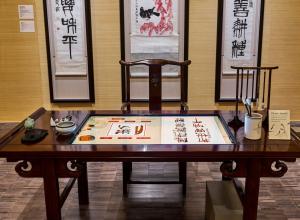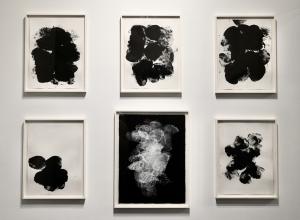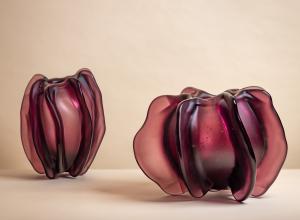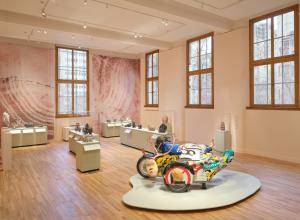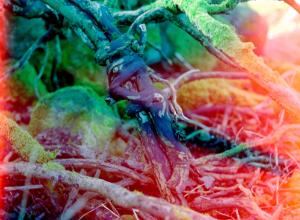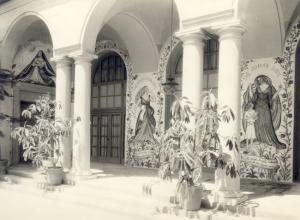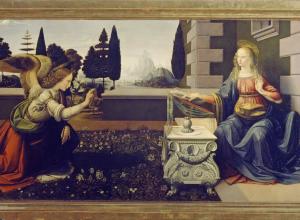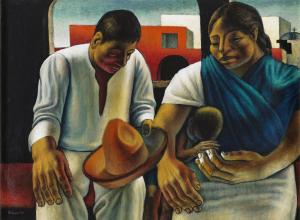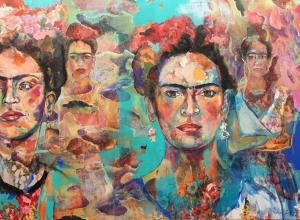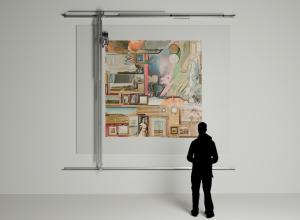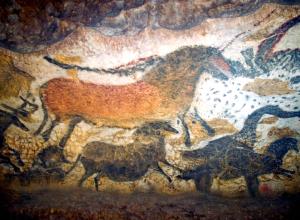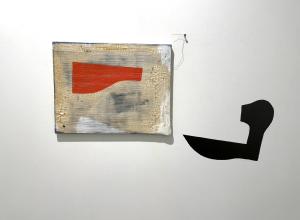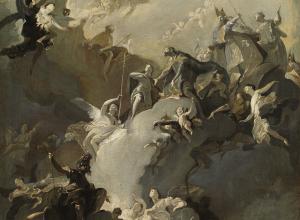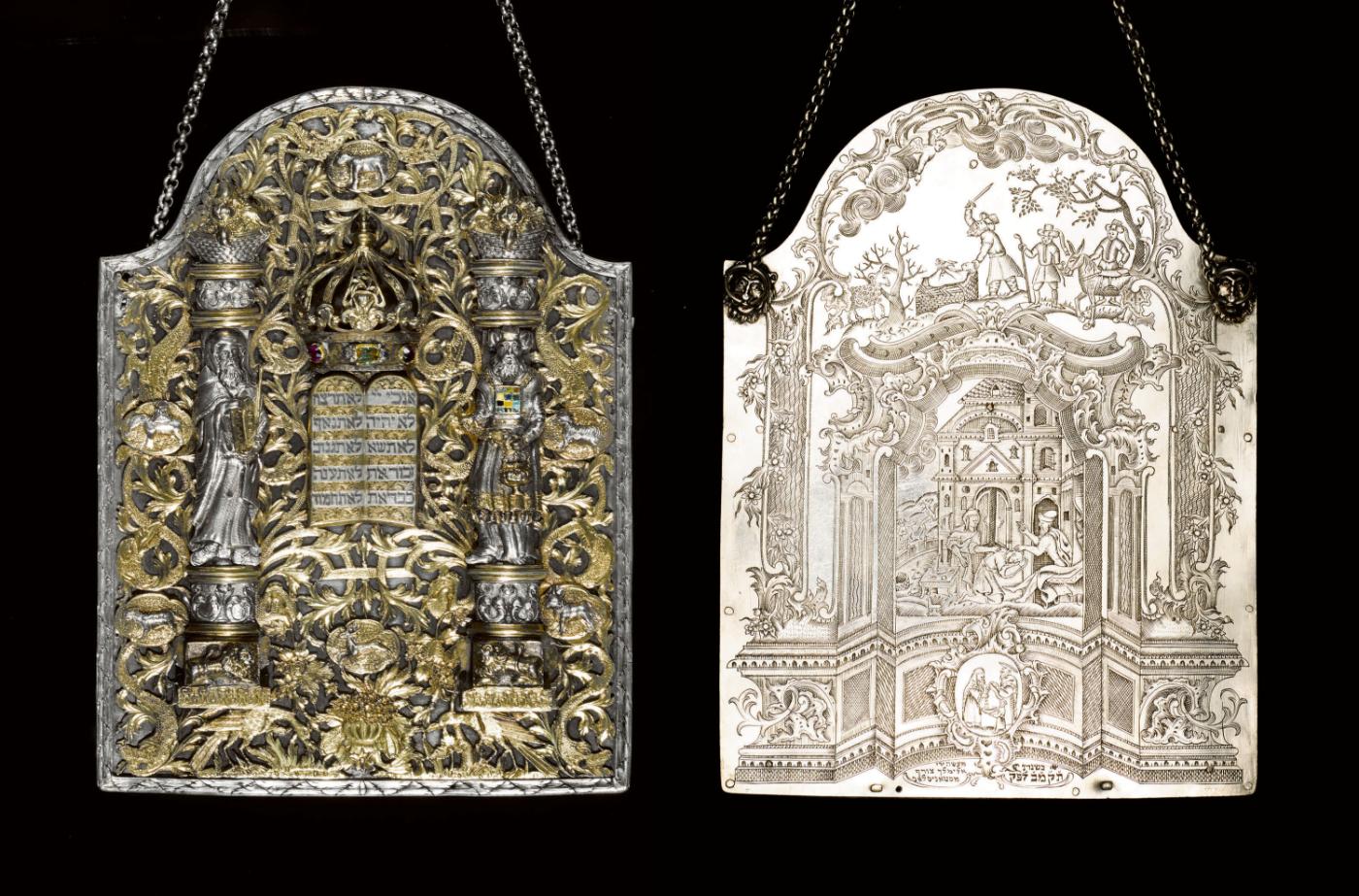
The world-renowned Sassoon family collection of Judaica is one that tells the unique story of one of the world’s most prominent families. Of Baghdadi Jewish descent, they became known as the "Rothschilds of the East" due to the immense wealth they accumulated in finance and trade beginning in the eighteenth century. First based in India, their business empire spanned all of Asia, and the family lived and traveled throughout the continent before relocation to England.
Several generations of the Sassoon family has collected Judaica, and their invaluable collection reflects their travels around the world and the deep coffers that funded it. This month, Sotheby's is offering a range of these treasures in their SASSOON: A Golden Legacy sale. According to John Ward, Head of Sotheby’s Silver Department in New York, “The pieces in this sale are not just the personal holdings of one of the world’s great Jewish families, they are significant works of art, and tell an important story of Jewish patronage, collecting, and scholarship.”




![Judeo-Arabic Commentary On Seder Mo‘ed (Order Of Festivals) Of The Mishnah, Rabbi Moses Maimonides, [YEMEN 14TH CENTURY]](https://cdn.artandobject.com/sites/default/files/styles/slideshow_image/public/judeo-arabic-commentary-seder-moed-order-festivals-mishnah-rabbi-moses-maimonides-yemen-14th-century.jpg?itok=7n-HpTDl)
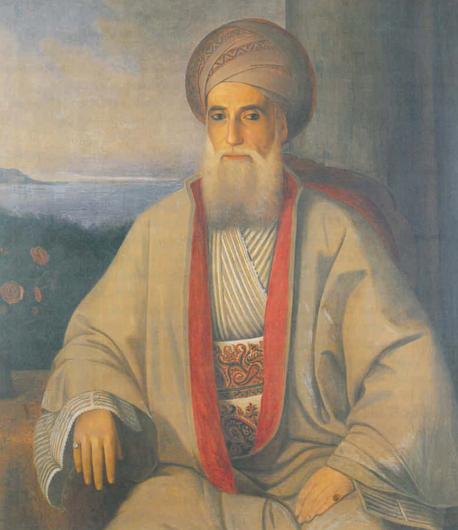
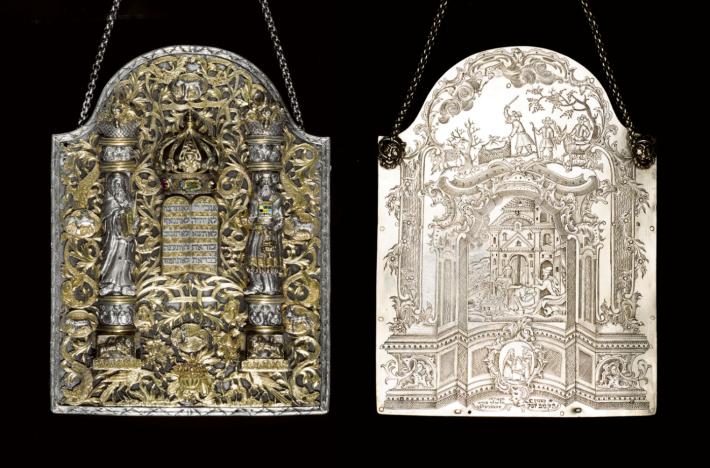
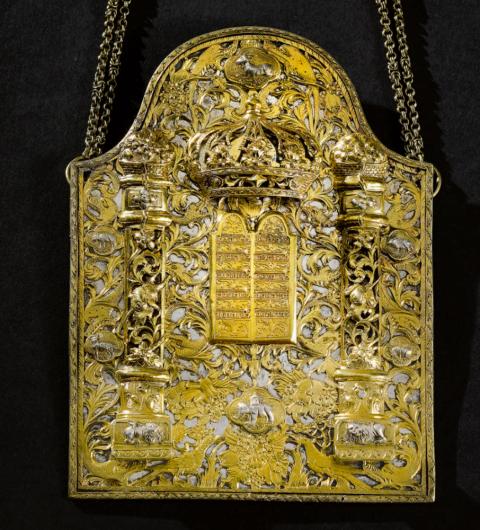
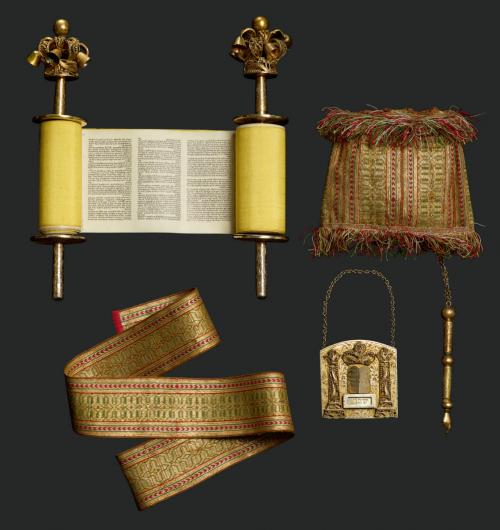
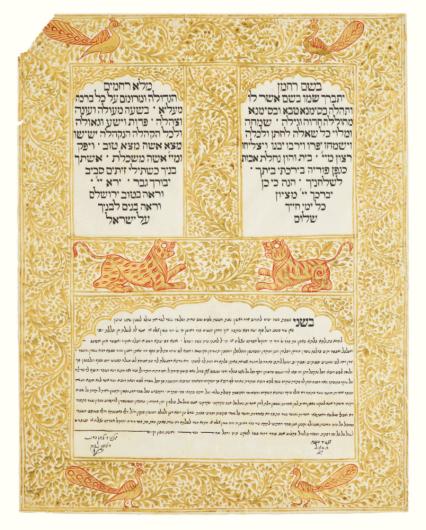
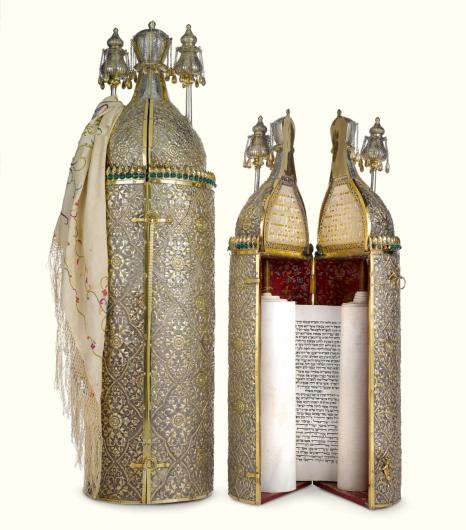
![Tefillin (Phylacteries) Of The Ben Ish Hai, Rashi And Rabbeinu Tam Pairs, [Baghdad 19th Century]](https://cdn.artandobject.com/sites/default/files/styles/slideshow_image/public/lot-57-tefillin-phylacteries-ben-ish-hai-rashi-and-rabbeinu-tam-pairs-baghdad-19th-century.jpg?itok=k3dRaJUR)
